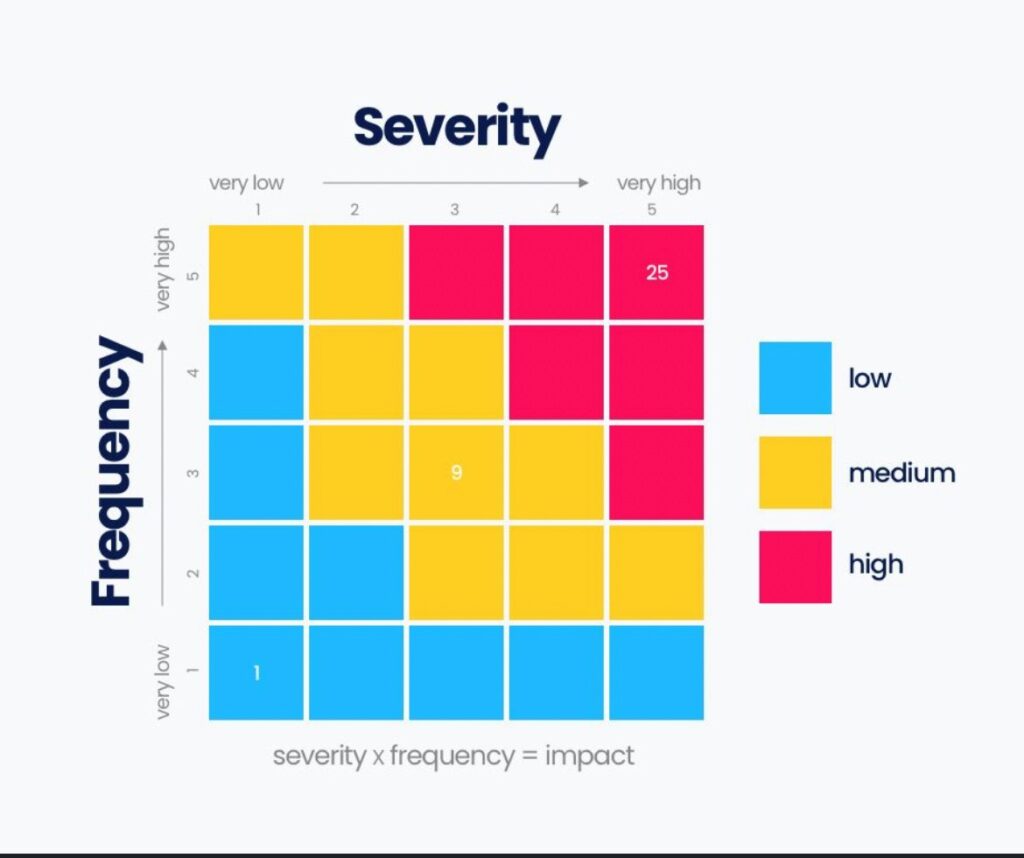Intelligent Automation has been a buzzword in the business world for quite some time now.
It refers to the combination of Artificial Intelligence (AI) and Robotic Process Automation (RPA) to automate routine and repetitive tasks. With the rise of Intelligent Automation, many businesses have been able to improve efficiency, reduce operational costs, and provide better customer experiences.
However, not all problems are worth solving using Intelligent Automation.
In this blog post, we’ll explore which problems are worth solving using Intelligent Automation.
When deciding which problems to solve, it’s important to consider their frequency and severity. Problems that occur frequently and have a high severity or business impact are often great candidates for Intelligent Automation.
For example, invoice processing, data entry, and customer support are tasks that occur frequently and have a high severity or impact on the business.

Anything over 15 is worth looking into to see if the ROI (Return on Investment) stacks up.
If the ROI is positive, it’s worth solving the problem using Intelligent Automation.
Now that we’ve established a way to score problems, let’s explore some examples of problems worth solving using Intelligent Automation.
Invoice Processing: Manual invoice processing is time-consuming, error-prone, and can lead to delayed payments. By automating the process using Intelligent Automation, businesses can improve accuracy, reduce processing time, and ensure timely payments.
Data Entry: Data entry is a repetitive and mundane task that can be automated using Intelligent Automation. By automating data entry, businesses can improve accuracy, reduce processing time, and free up valuable employee time for more important tasks.
Customer Support: Customer support is a critical aspect of any business. However, it can be time-consuming and often requires a human touch. By using Intelligent Automation to automate repetitive tasks such as responding to frequently asked questions or routing customer inquiries to the right department, businesses can provide better customer experiences and reduce response times.
In conclusion, problems that occur frequently and have a high severity or business impact are often great candidates for Intelligent Automation.
By using a matrix to score problems, businesses can determine which problems are worth solving using Intelligent Automation.
With Intelligent Automation, businesses can improve efficiency, reduce operational costs, and provide better customer experiences.
If you have an idea for an automation, or if you would like to get started on your Intelligent Automation journey, simply drop us a note using the form below.
tomorrow for your people
and your organisation,
we’re ready to start today.
Contact us now
